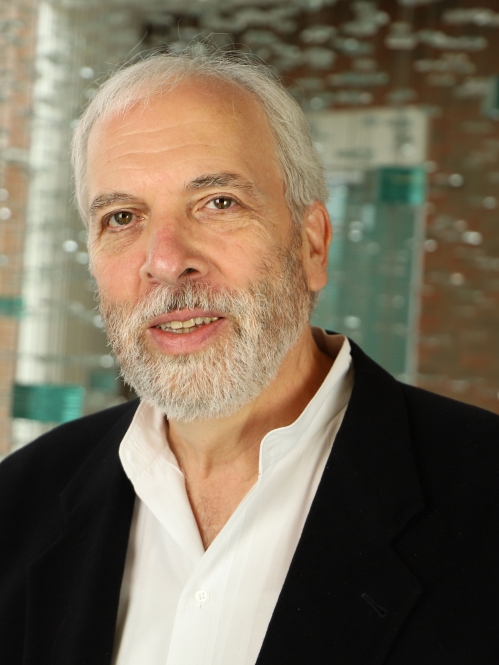Stephan Schwander, MD, PhD

Biography
Stephan Schwander, M.D., Ph.D., is an associate professor in the Department of Urban-Global Public Health at the Rutgers School of Public Health. He also has a joint appointment with the school's Department of Environmental and Occupational Health and Justice. Dr. Schwander received his doctor in medicine degree from University of Frankfurt and his doctoral degree from University of Hamburg.
Research Interests
Dr. Schwander’s research is translational in nature, involves international and local sites and focuses on tuberculosis (TB) and environmental health effects in urban communities. Specifically his research aims at understanding how air pollution affects human immunity during the infection process with M.tb, the bacterium that causes TB. Both, air pollution and TB contribute significantly to the global burden of disease. TB is now the ninth leading cause of death worldwide and the leading cause of death from a single infectious agent. Air pollution, both indoors and outdoors (urban), is responsible for the deaths of millions of people worldwide every year. Deteriorating air quality from rapid industrial growth, vehicular traffic and garbage burning affects large populations in growing urban environments worldwide, many living in poverty and areas endemic for TB. As TB is a social disease, research on TB in the real world encompasses multiple aspects relevant to public health, the environment, nutrition, poverty, social justice, equity, and health systems. This research is in line with the global TB elimination goals put forth by the Word Health Organization and the United Nations (UN). Dr. Schwander’s lab in collaboration with others has spearheaded research on human lung immune responses to M.tb and helped to establish the concept of compartmentalization of immune responses to the lungs in human pulmonary TB. During the last decade Dr. Schwander’s research focus expanded to explore how air pollution affects TB as M.tb and air pollutants enter the human body through the breathing process. The lungs are therefore the first organ to interact with both M.tb and for example particulate matter (PM, tiny inhalable particles composed of many chemicals adsorbed on a carbon core) from polluted air. The main source of household air pollution in low and middle income countries (LMICs) is the combustion of fossil fuels from cooking processes, in the urban environment main sources are from industrialization and traffic growing globally, however, increasingly large populations, many in TB endemic LMICs, are also exposed to outdoor air pollution. While epidemiological studies have shown that household air pollution significantly increases the risk for TB development (accounting for nearly as many global TB cases as malnutrition, and many more than HIV coinfection), an important question is now whether urban (outdoor) air pollution particulate matter may result in similar effects. Does urban air pollution particulate matter adversely affecting protective immune responses against M.tb? In collaboration with institutions in Mexico City/Mexico findings form Dr. Schwander’s lab at RU School of Public Health point to a ‘Yes’. Earlier studies by Dr. Schwander’s team had already shown that exposures to diesel exhaust particles – a common component of urban air pollution –suppressed the responsiveness of human immune cells to M.tb, suggesting that air pollution exposed persons may be less able to fight off infections with M.tb. In a next step, Dr Schwander’s team is expanding its laboratory based research into the real world trying to answer the question if M.tb transmission may be affected by air pollution exposure. Studying this crucial question involves international, interinstitutional collaborations, combined efforts from multiple disciplines in public health, urban environmental, health systems and policies, behavioral, and biomedical sciences. The team is currently developing large grant applications to do this research work in Kampala, the capital city of Uganda/East Africa by involving several academic institutions in Uganda, Canada, the United Kingdom and the United States.